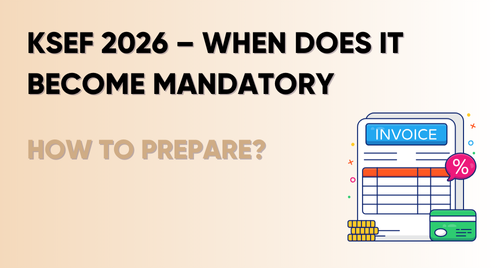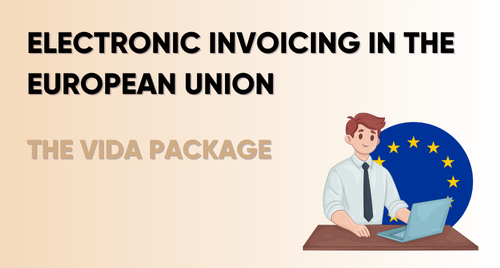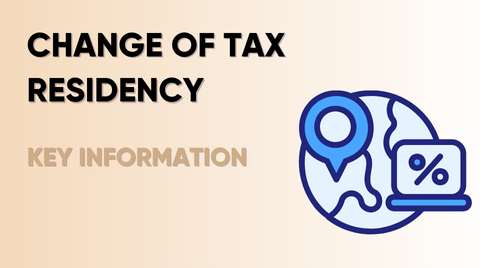.png)
Transfer pricing documentation
Taxpayers entering into transactions with related parties must meet annual reporting
obligations to prepare transfer pricing documentation and file TPR transfer pricing
information. In this article, we outline when and how to prepare TP documentation.
Documentation thresholds
Entering into controlled transactions with related parties does not automatically
trigger the obligation to prepare local transfer pricing documentation. Such
documentation must be prepared if the so-called documentation thresholds for
controlled transactions have been exceeded. These thresholds are as follows -
according to Article 11k paragraph 2 of the CIT Act:
a) PLN 10,000,000 - in the case of a commodity transaction;
b) PLN 10,000,000 - in the case of a financial transaction;
c) PLN 2,000,000 - in the case of a service transaction;
d) PLN 2,000,000 - in the case of a transaction other than those specified in items a-c above.
In addition, the obligation to prepare transfer pricing documentation is incumbent on
taxpayers entering into direct transactions with tax havens with a value exceeding
PLN 100,000 in a tax year or indirect transactions with an annual value of more than
PLN 500,000.
Local transfer pricing documentation - what it contains
The regulations indicate that the taxpayer prepares local transfer pricing
documentation, which should contain all the elements listed in the CIT Act. The
absence of any element may expose the taxpayer to the risk that the tax authorities
will consider that the TP documentation does not meet the formal requirements, thus
deeming in extreme cases that the taxpayer does not have it.
In view of this, it is very important to include all the information required by the
regulations in the documentation. Based on Article 11q paragraph 1 of the CIT Act,
these are:
1) description of the related party;
2) a description of the transaction, including an analysis of functions, risks and
assets;
3) transfer pricing analysis, including:
a) analysis of data of unrelated parties or transactions with or between unrelated
parties deemed comparable to the conditions established in controlled
transactions, hereinafter referred to as "comparative analysis" or
b) "compliance analysis" - where the preparation of a comparative analysis is not
appropriate in light of a given transfer pricing verification method or is not
possible with due diligence - i.e., the analysis demonstrates compliance of the
terms and conditions under which the controlled transaction was concluded
with the terms and conditions that would have been established by unrelated
parties
4) financial information
The Minister of Finance issued a regulation, dated December 21, 2018, on corporate
income tax transfer pricing documentation, which details what the documentation
should contain in detail with regard to the aforementioned points.
Group transfer pricing documentation - what it contains
Taxpayers operating in groups of companies face another obligation - to prepare
group transfer pricing documentation. The regulations indicate that related parties
whose financial statements are consolidated using the full or proportional method,
which are obliged to prepare local transfer pricing documentation, shall attach group
transfer pricing documentation to this documentation if they belong to a group of
related parties:
1) for which a consolidated financial statement is prepared;
2) whose consolidated revenues exceeded PLN 200,000,000 or its equivalent in
the previous fiscal year.
Group transfer pricing documentation should include elements concerning the capital
group within the meaning of Article 3 paragraph 1 item 44 of the Accounting Act, in
particular:
1) description of this group;
2) a description of the significant intangible assets of the group;
3) description of significant financial transactions of this group;
4) financial and tax information of this group
As in the case of local transfer pricing documentation, the Finance Ministry's
regulation regulates in detail what the above-mentioned items should contain.
Exemption from preparing transfer pricing documentation
In certain cases, taxpayers may benefit from an exemption from preparing transfer
pricing documentation. The conditions for the exemption are set forth in Article 11n
of the CIT Act.
Among others, Polish taxpayers who enter into controlled transactions only with
related parties having their place of residence, registered office or board of directors
in the territory of the Republic of Poland during the tax year may benefit from the
obligation to prepare TP documentation, provided that the conditions are met as to
the taxpayer and its related party:
1) they do not benefit from CIT entity exemption;
2) do not benefit from income tax exemption under the decision to support new
investments;
3) they have not incurred a tax loss;
TP documentation also does not have to be prepared by taxpayers who have a prior
pricing agreement, investment agreement or tax agreement for the period to which
such agreement relates, among others.
In summary, transfer pricing documentation is a comprehensive document that must
contain a number of elements - failure to include data in the documentation required
by the regulations results in tax risks and exposes management to liability. It is
worthwhile to get down to preparing TP documentation in advance, or entrust it to
specialists due to the level of complexity.










